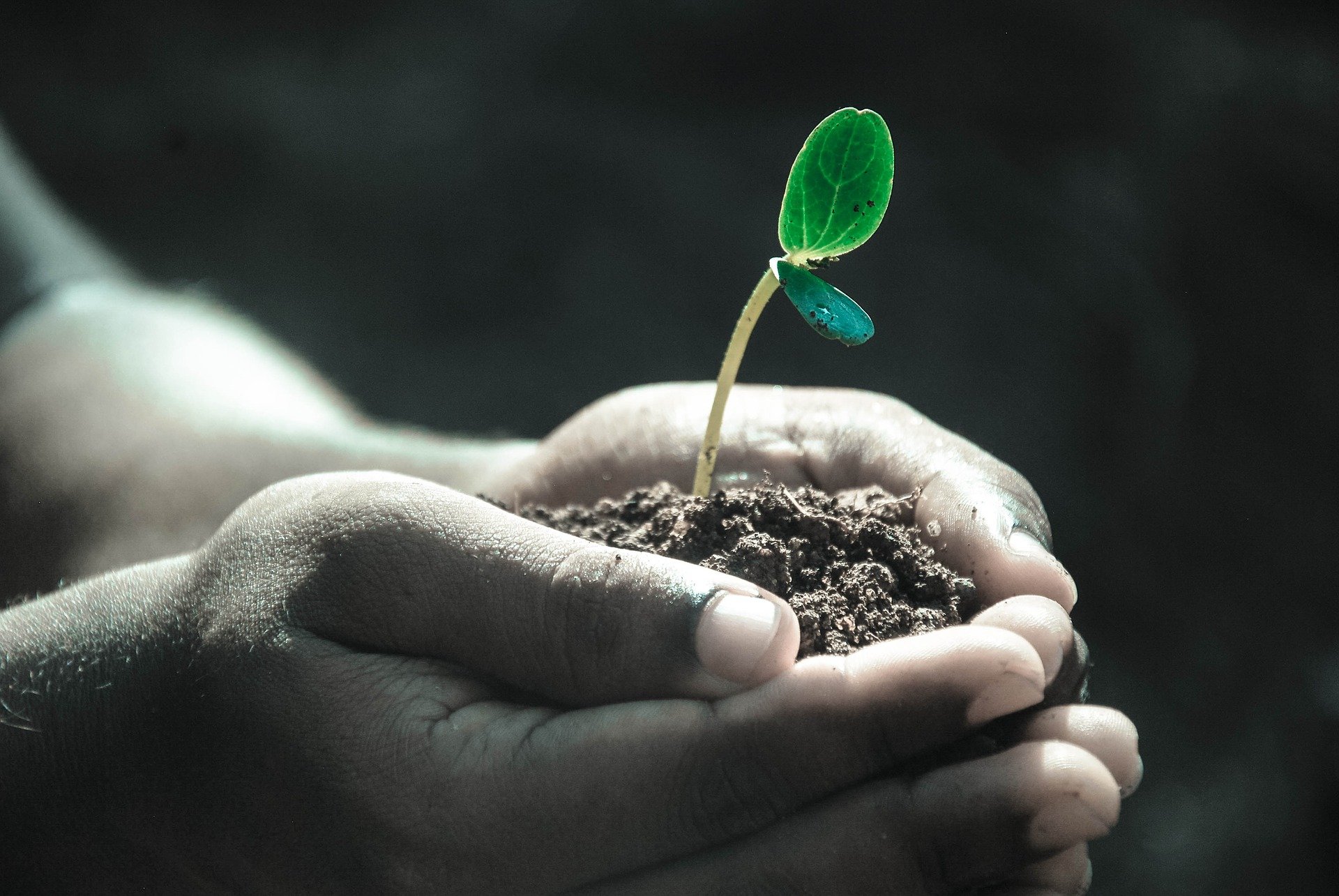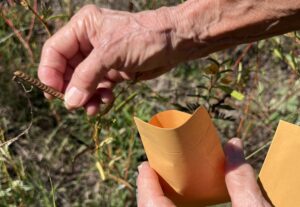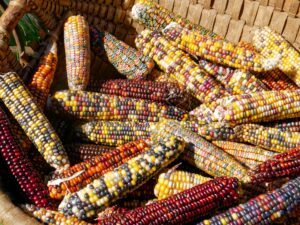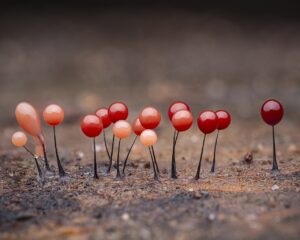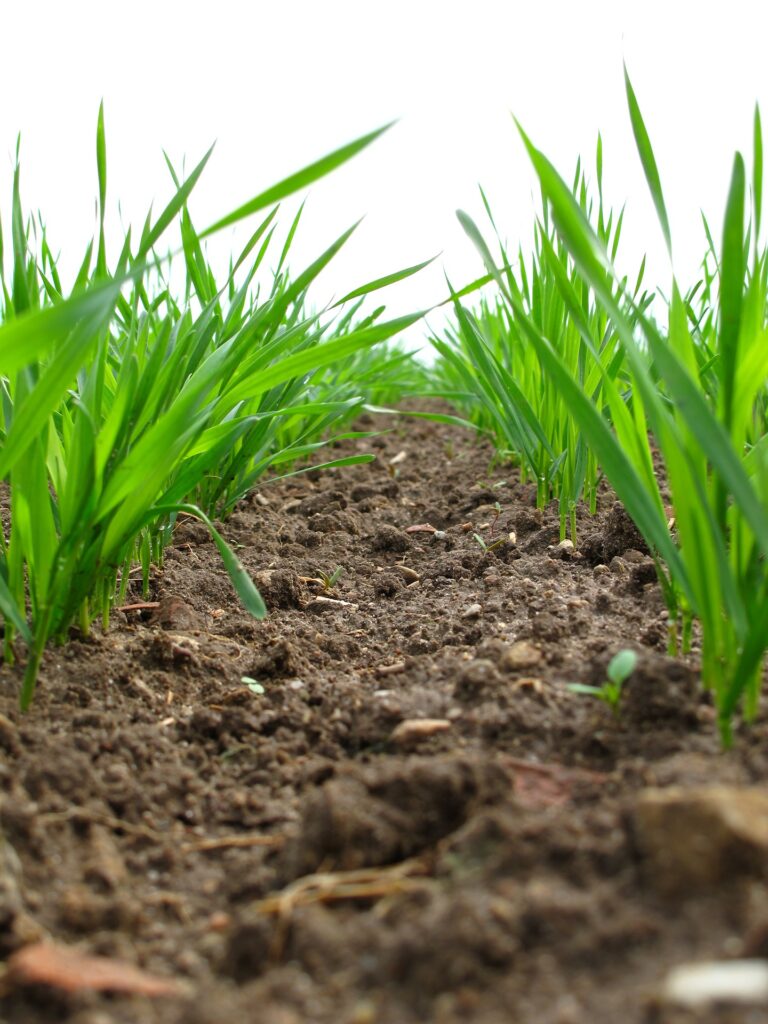
Many people give little thought to the soil under their feet. It’s just dirt, after all. But gardeners know that healthy soil is essential to healthy plants. If you’re looking to up your gardening game this year, invest in your soil.
“Healthy soil can be the difference between success and failure in the garden,” says David Cole, Learning Lab manager and adjunct instructor of horticulture at Tarrant County College Northwest Campus. “If you do everything else right but leave your plants to grow in depleted soil, your garden will never live up to its potential. On the other hand, if you create a rich, healthy place for your plants to grow, you’re ahead of the game.”
Healthy soil provides both water and air to the roots of a plant. It contains essential nutrients that the plant needs to thrive. It improves drainage in our heavy, clay soils and is easier for gardeners to work.
Unhealthy soil, in contrast, can become compacted so that roots cannot penetrate it. It lacks nutrients, so the growth of plants is stunted, and it is hard to dig or turn.
| Soil Building and Health Feb. 19, 9 – 11 am |
Cole will discuss simple ways to assess your existing soil and site conditions, so you know what you’re working with and have a clear idea where your soil needs improvement. He’ll then explore ways you can improve your soil.
“Organic matter is key!” says Cole. The organic matter found in soil is made up decomposing materials such as leaves, stems and manure and is rich in living organisms including bacteria, fungi, worms and beetles. “Organic matter increases the microbial activity in soil, creating a healthy ecosystem for plants. It also improves the structure of the soil while providing for better drainage and aeration—two of the biggest challenges for North Texas gardeners.”
If you can only do one thing to improve your soil, Cole advises, “Add large amounts of cheap, locally sourced organic matter.” Don’t be stingy—up to one quarter of your soil should be organic matter. On the other hand, there’s no need to spend a lot of money. Look for cheap—or free!—supplies of mulch and compost. For example, the City of Fort Worth offers free mulch at its Drop-Off Stations. Bring your own container and shovel.
Some hard work in winter and early spring will pay off later with bigger blooms, healthier plants and a richer harvest, says Cole, adding, “When you improve your soil, you’re making a long-term investment in your garden.”

